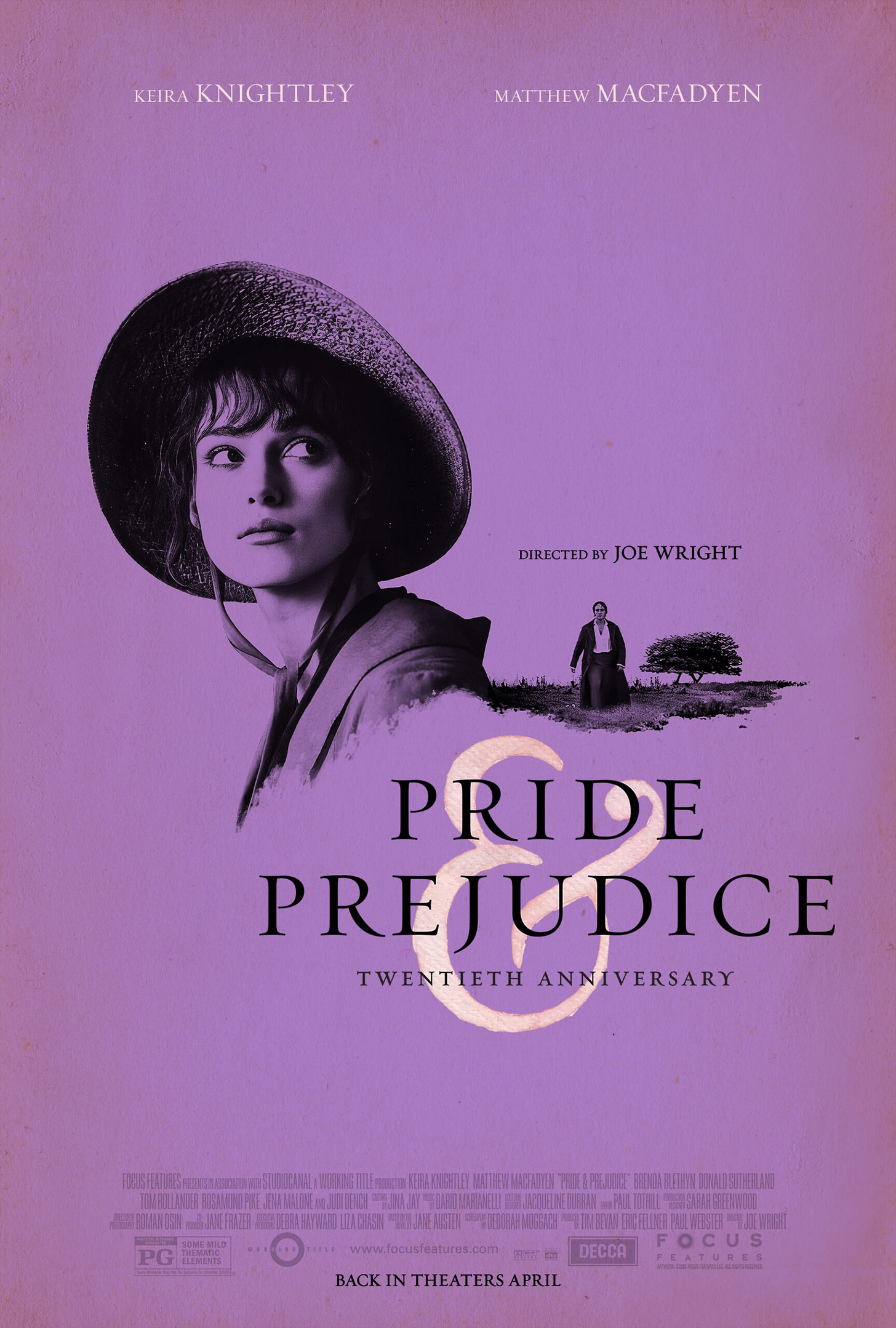Episode 28: Pride & Prejudice (2005)
How does marriage vary across economic systems? Do partners exchange beauty for status? Why do perceptions of a potential partner change over time? Paul and Eli pay homage to the one-and-only Jane Austen by revisiting the 2005 film adaptation of Pride & Prejudice, starring Keira Knightley and Matthew Macfadyen.
Subscribe at Apple, Spotify, or Episodes.fm
Hosted, produced, and edited by Paul Eastwick and Eli Finkel
Intro
1:05: (Eli) Who are the characters and couples?
2:55: (Paul) 1-minute plot recap
4:15: What is our relationship to this movie?
Romantic attraction in Pride and Prejudice op-ed by John Tierney
What the movie gets right
6:35: (Paul) Romantic impressions change over time
People commonly develop attraction for friends/acquaintances study by Dr. Stinson
Our self-concept is tied to our relationship partner review by Dr. Chen
13:25: (Eli) Marrying for love is a luxury when grinding poverty is a risk
Marriage circa 1800 was largely about practical concerns book by Eli
The ideal of marrying for love preceded the widespread practice of doing so book by Dr. Coontz
20:05: (Paul) Wickham as the archetypical male gold-digger
Men who imagine having no income want a high earning partner study by Dr. Eagly
21:10: (Eli) We don’t like people who play hard to get
We like people who are generally selective but are easy for us to get study by Dr. Walster
We like people who like us more than they like other people study by Paul
Misconceptions in the movie
22:50: (Paul) Assumed reciprocity is powerful
When we like somebody, we assume they like us meta-analysis by Dr. Kenny
25:25: (Paul) Do women trade beauty for men’s status, and vice versa?
No, they do not study by Dr. McClintock
31:05: (Eli) We tend to lose interest in people who aren’t interested in us
A key predictor of falling in love is learning that the person likes us study by Dr. Aron
We tend to fall out of love with people who aren’t interested in us book by Dr. Tennov
“Are we ok with this?”
34:00: (Eli) It’s cruel that sexual impropriety (Lydia’s behavior with Wickham) could ruin a family’s reputation
34:40: (Paul) It’s cruel that economic inheritance drives so much social power (e.g., Mr. Collins’s inheritance)
35:25: (Eli) I wish the movie’s message had been “Be like Jane” rather than “be prejudiced against the correct person” (Wickham, not Darcy)
Relationship Quotes!
37:25: (Paul) Mr. Bennet deflecting Mrs. Bennet’s frustrations with Lizzy
39:15: (Eli) A commitment to full candor is probably foolish
41:20: (Eli) The meme-ification of Charlotte’s speech
What do we wish we knew?
42:55: (Paul) When and why might we like somebody against our better judgment?
43:55: (Eli) When does happiness for a loved-one bring us to tears?
45:55: (Paul) If we’re being pursued by somebody we don’t find appealing, does that make a given alternative more appealing?
Stars (1–5): The hosts rate the quality of the movie
Rusbults (1–5): The hosts rate the accuracy of the movie’s ideas about relationships
Music by Andrew Fraker and Sons
Artwork by Katie Keil






